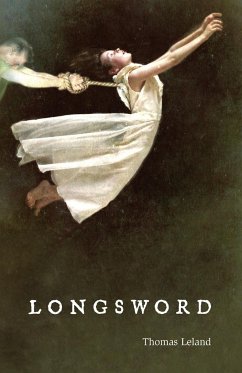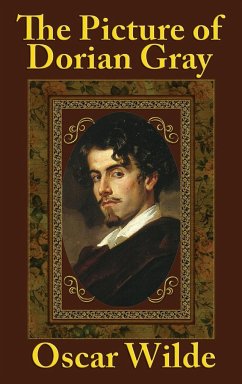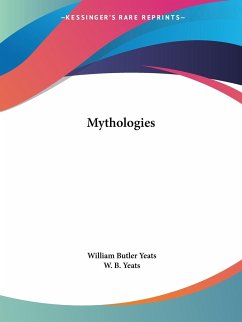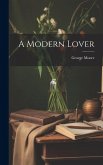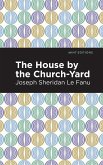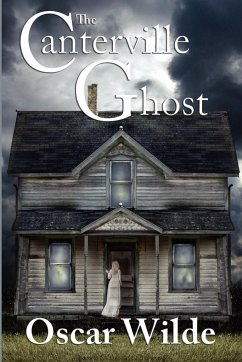"Death's but a Path that must be trod, / If Man wou'd ever pass to God" - Thomas Parnell Longsword, Earl of Salisbury, by eighteenth century Dublin-born clergyman Thomas Leland, is a fast-paced historical romance of medieval menace and high excitement. Set in the early years of the thirteenth century, it features a blend of real and created characters in a mêlée of intrigue, corruption, lust, and revenge. In part a metaphor for the tug-of-war between the sexes, Longsword is the definitive precursor to the Gothic novel; both in trappings and in style, it provides vital elements of prototype for Walpole's The Castle of Otranto and Lewis's The Monk. Through Longsword, Leland emerges as a forerunner of fellow Dublin clergyman Charles Robert Maturin, author of Melmoth the Wanderer. This 250th anniversary edition is edited and introduced by Albert Power.
Hinweis: Dieser Artikel kann nur an eine deutsche Lieferadresse ausgeliefert werden.
Hinweis: Dieser Artikel kann nur an eine deutsche Lieferadresse ausgeliefert werden.

